What is Apple Pay all about, do I need to accept Apple Pay, and do I need new equipment?
 Apple Pay was rolled out fall of 2014 with headlines blasting out how it was going to change the payment industry. Now that it’s been out for six months and the hype has died down, it’s time to decide to accept Apple Pay or ignore it as a passing fancy.
Apple Pay was rolled out fall of 2014 with headlines blasting out how it was going to change the payment industry. Now that it’s been out for six months and the hype has died down, it’s time to decide to accept Apple Pay or ignore it as a passing fancy.
Apple Pay is another attempt at a mobile wallet payment solutions using Near Field Communication or “NFC”. Earlier attempts at a mobile wallet included Walmart, Chase, PayPal, and Google, however none of these wallets gained widespread acceptance. Apple is now taking a stab at mobile payments with their Apple Pay service, which is designed to allow iPhone users to store their credit cards on a phone app system and use existing NFC technology to process transactions. This can be done through a merchant’s credit card terminal as long as they have the right system in place. NFC technology can also be used on many of the new EMV compatible credit cards currently being rolled out. These cards you may have noticed have a chip embedded in the card itself so the card doesn’t have to be actually swiped on the terminal. It can simply be waved close to the terminal reader around 15 inches and it will be read as if you actually swiped the card. By using the existing credit card networks this has allowed Apple Pay to grow faster and be accepted in more places than any of the other previous attempts at a mobile wallet.
 There are a few big box retailers who have tried to develop their own systems to circumvent the credit card networks or have boycotted Apple Pay. Best Buy and Walmart are two examples of companies attempting their own mobile systems and CVS Pharmacy and Rite-Aid have actually turned off all NFC capable payment devices. This effectively stopped Apple Pay from working at their stores. Although Apple certainly isn’t the first company in the digital wallet / mobile payments space, they are thus far the most successful in the least amount of time. The buzz and hype around their service has really helped to increase the number of businesses accepting those payments. With an iPhone that supports Apple Pay one can simply add their current credit cards into the device through the Passbook app, and after a quick verification with the card issuer, the iPhone is ready to make payments at more than 700,000 locations.
There are a few big box retailers who have tried to develop their own systems to circumvent the credit card networks or have boycotted Apple Pay. Best Buy and Walmart are two examples of companies attempting their own mobile systems and CVS Pharmacy and Rite-Aid have actually turned off all NFC capable payment devices. This effectively stopped Apple Pay from working at their stores. Although Apple certainly isn’t the first company in the digital wallet / mobile payments space, they are thus far the most successful in the least amount of time. The buzz and hype around their service has really helped to increase the number of businesses accepting those payments. With an iPhone that supports Apple Pay one can simply add their current credit cards into the device through the Passbook app, and after a quick verification with the card issuer, the iPhone is ready to make payments at more than 700,000 locations.
The other benefit of Apple Pay is if you get the right equipment, it will work perfectly with the new EMV credit cards. The October 1st EMV deadline is approaching, so we encourage merchants to have the ability to accept NFC / Apple Pay payments and get EMV compliant at the same time.
The terminals we recommend for EMV and Apple Pay are:
Verifone VX520 – $220.00 (Free with a new merchant account)
Ingenico ICT250 – $235.00 (Free with a new merchant account)
First Data FD130 – $326.00(Free with a new merchant account)
Clover POS System (Starting at $1100 or $49 per month lease, up to $500 credit with a new merchant account)
Shopkeep POS System (From $600 – $1200 depending on features, up to $500 credit with a new merchant account)
 Which Apple products support Apple Pay?
Which Apple products support Apple Pay?
For In Store purchases the options today are the iPhone 6 and iPhone 6 Plus, however later this month the Apple Watch will launch enabling users who buy it to take advantage of Apple Pay on an IPhone 5, 5c, or 5s. Keep in mind that the iPad Air 2, and iPad mini 3 also support Apple Pay, but at this time it’s only for Apple app purchases. Going forward we expect most new Apple product to have NFC built-in, meaning more devices will support Apple Pay.
How is Apple Pay Secure?
You might be surprised to know that when using Apple Pay, credit card numbers are not stored on the device or even on an Apple server. When someone adds a credit card to Passbook during the registration process, the card is issued an unique token stored only in the that device’s secure element. Since the device doesn’t store the credit card numbers, it and the point of sale hardware use the token and a transaction specific security code to seek approval from the card issuer. This means card data is never shared between the card holder and the merchant, which from a security stand point is a big deal. If someone, either an employee or a nearby third party is trying to scan card numbers, the only information they could hope to get would be unusable for future transactions.
What if an iPhone is lost or stolen? If an phone does end up in the wrong hands, the owner no longer needs to cancel all of their cards such as when someone loses their wallet. If they have enabled the Find My iPhone feature, they have options like locking the phone so it’s unusable, and/or completely wiping all data from the device. Even if someone gains access to the phone they would still need the owner’s finger print to process the payment.
Compared to traditional credit and debit card transactions, Apple Pay offers substantially better security for both the merchant accepting the payment and the customer making it.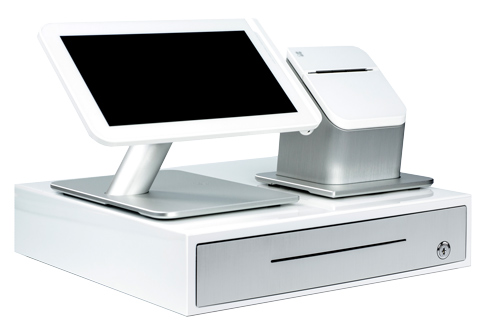
How do I accept Apple Pay?
Accepting Apple Pay requires that you have an NFC enabled credit card terminal or Point of Sale, and a processor who supports it. If you have recently purchased a terminal, there are ways to verify if it has the ability to accept NFC, or Contactless payments. Your processor should be able to assist you in that process. If you have a credit card terminal that’s more than a year or two old it’s likely that you will need a new terminal or a stand-alone NFC peripheral to accept Apple Pay. The Merchant Equipment Store is able to help you make the best decision to match your needs.
The bottom line is that it looks likes Apple Pay is may be the first and only worth mobile wallet that has so far been made available to consumers. Apple, by using the existing credit card systems has made it relatively easy for merchants to accept Apple Pay payments. Banks, stores, and companies are jumping on the bandwagon and eagerly pledging their support for Apple Pay. But more importantly, if you haven’t upgraded your equipment to accept the new EMV cards, you can do so and at the same time enable yourself to accept the Apple Pay transactions.
Find out more about Apple Pay or get a free Apple Pay acceptance sticker, or call (888) 528.0058 with questions or for more information.

 Apple Pay was rolled out fall of 2014 with headlines blasting out how it was going to change the payment industry. Now that it’s been out for six months and the hype has died down, it’s time to decide to accept Apple Pay or ignore it as a passing fancy.
Apple Pay was rolled out fall of 2014 with headlines blasting out how it was going to change the payment industry. Now that it’s been out for six months and the hype has died down, it’s time to decide to accept Apple Pay or ignore it as a passing fancy. There are a few big box retailers who have tried to develop their own systems to circumvent the credit card networks or have boycotted Apple Pay. Best Buy and Walmart are two examples of companies attempting their own mobile systems and CVS Pharmacy and Rite-Aid have actually turned off all NFC capable payment devices. This effectively stopped Apple Pay from working at their stores. Although Apple certainly isn’t the first company in the digital wallet / mobile payments space, they are thus far the most successful in the least amount of time. The buzz and hype around their service has really helped to increase the number of businesses accepting those payments. With an iPhone that supports Apple Pay one can simply add their current credit cards into the device through the Passbook app, and after a quick verification with the card issuer, the iPhone is ready to make payments at more than 700,000 locations.
There are a few big box retailers who have tried to develop their own systems to circumvent the credit card networks or have boycotted Apple Pay. Best Buy and Walmart are two examples of companies attempting their own mobile systems and CVS Pharmacy and Rite-Aid have actually turned off all NFC capable payment devices. This effectively stopped Apple Pay from working at their stores. Although Apple certainly isn’t the first company in the digital wallet / mobile payments space, they are thus far the most successful in the least amount of time. The buzz and hype around their service has really helped to increase the number of businesses accepting those payments. With an iPhone that supports Apple Pay one can simply add their current credit cards into the device through the Passbook app, and after a quick verification with the card issuer, the iPhone is ready to make payments at more than 700,000 locations. Which Apple products support Apple Pay?
Which Apple products support Apple Pay?

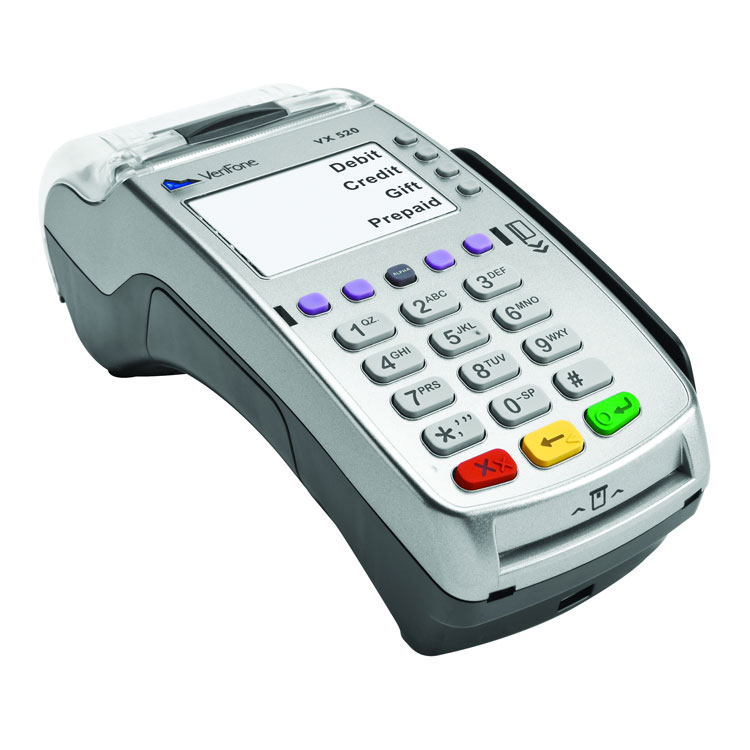
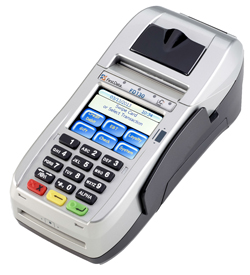

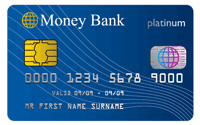





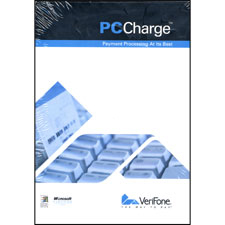 We just got word that VeriFone is discontinuing their PC Charge software. Apparently due to EMV, PC Charge will discontinue all new support contracts Oct 1st, 2015. We will continue
We just got word that VeriFone is discontinuing their PC Charge software. Apparently due to EMV, PC Charge will discontinue all new support contracts Oct 1st, 2015. We will continue 
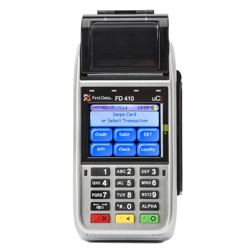
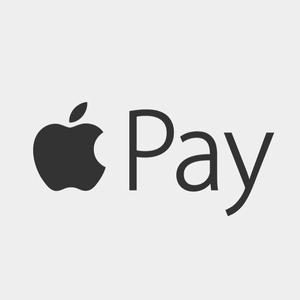 The Merchant Store is proud to announce the ability to setup and support customers wanting the ability to accept Apple Pay mobile payments. Apple pay enables merchants to accept contactless payment from customers using their Apple iPhone or iWatch.
The Merchant Store is proud to announce the ability to setup and support customers wanting the ability to accept Apple Pay mobile payments. Apple pay enables merchants to accept contactless payment from customers using their Apple iPhone or iWatch.


